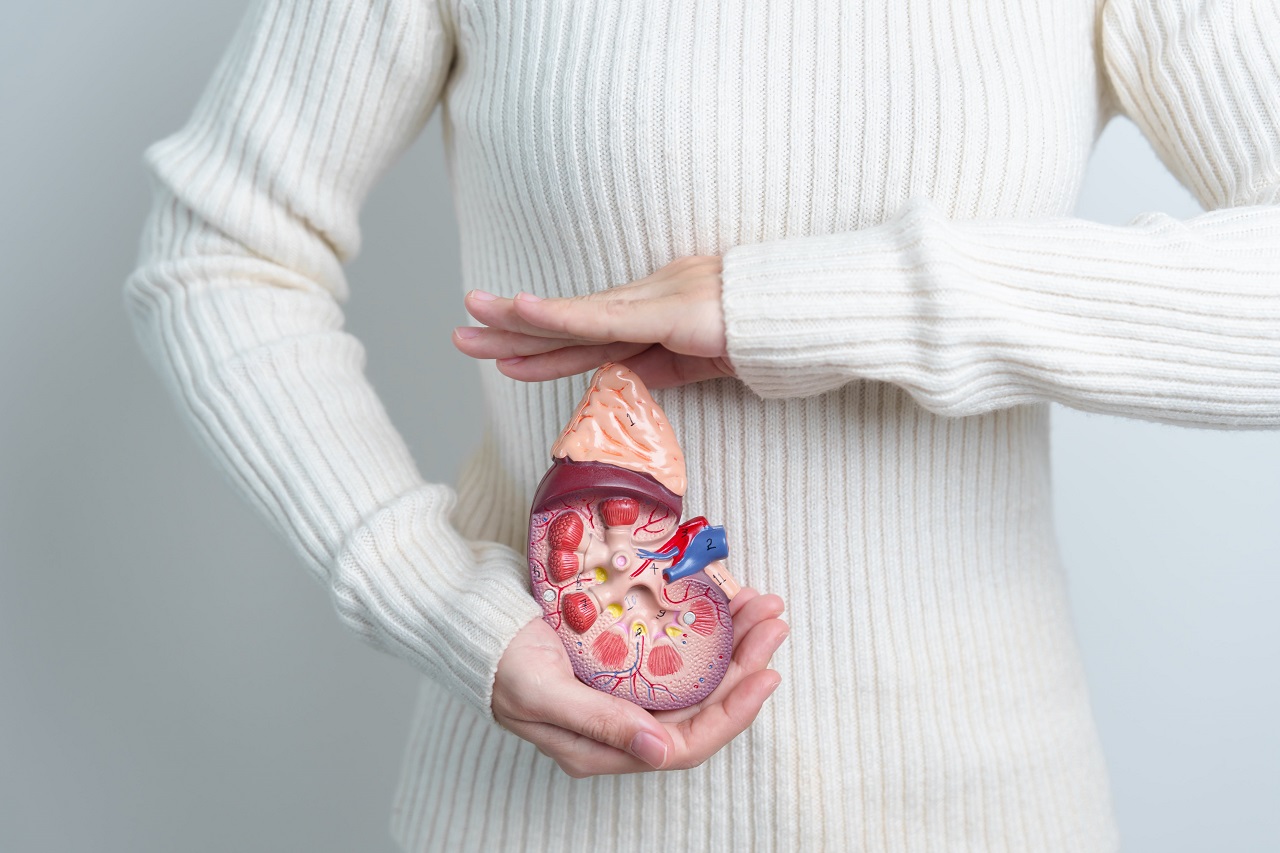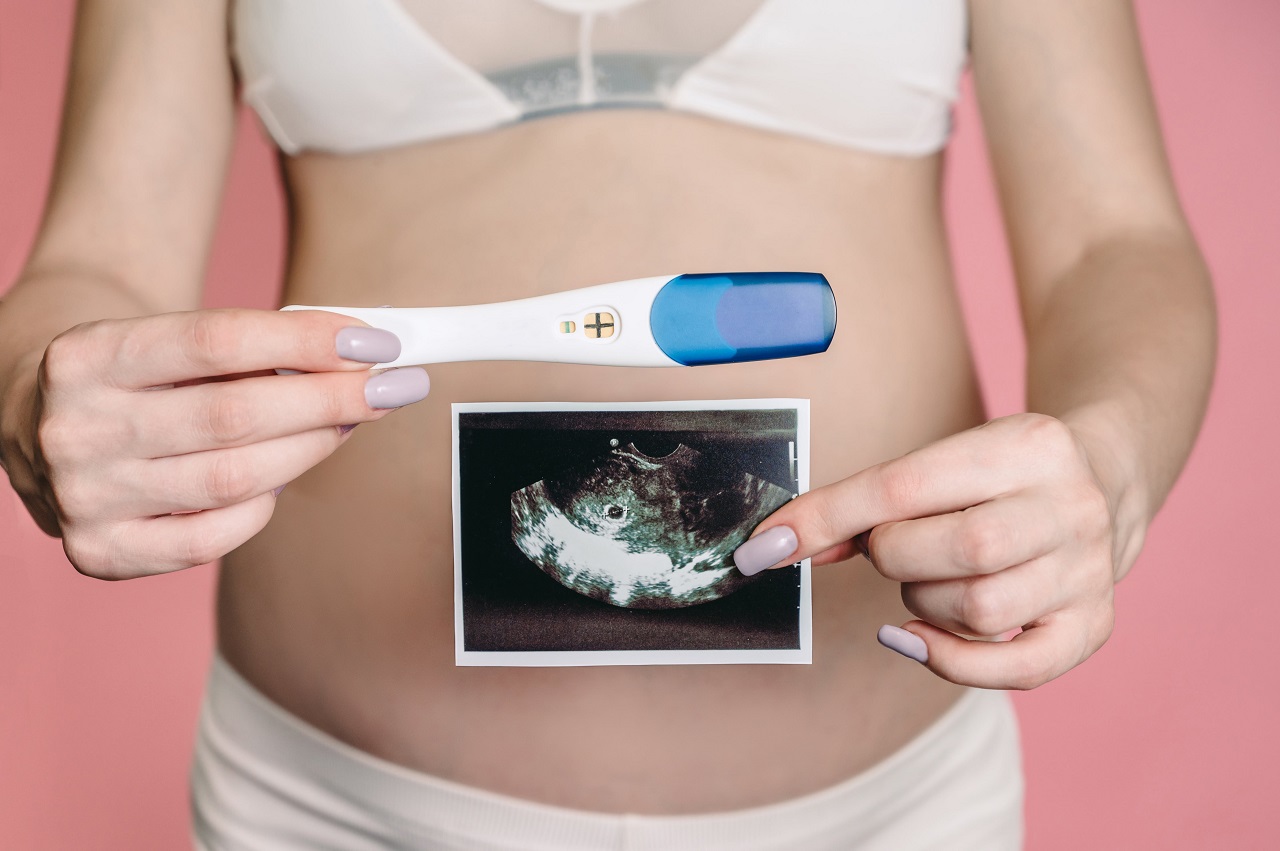Polycystic ovary syndrome is a very common disorder that affects women's reproductive health. PCOS prevents ovulation, which is a physiological reaction that should occur every 28 days, with the disruption of the balance between hormones that provide the menstrual cycle in women.
Multiple cysts that develop in the ovaries prevent egg cells from reaching the reproductive system, reducing the rate of conception. Polycystic ovary syndrome (PCOS) is not itself a cause of infertility. The anomalies caused by the symptoms of polycystic ovary syndrome greatly reduce the chances of getting pregnant.
This disease, which is a hormonal disorder, also reduces a woman's quality of life by making her mental health difficult with the symptoms it brings with it. Due to the hormonal irregularity, it is quite common to trigger diabetes due to excessive weight gain and an increase in insulin resistance.
Women with polycystic ovary syndrome who want to get pregnant to solve this problem can easily get pregnant by undergoing IVF treatments. The rate of women with PCOS getting positive results from IVF treatment has been measured as 66%.
It is also possible to get pregnant without using IVF, but this rate is quite low. In order to increase this rate, there is a preparation process for the treatment.
The pregnancy process in PCOS patients carries greater risks than healthy mothers. This syndrome, which can trigger health problems in the mother and baby, can lead to serious health problems over time.
How to alleviate the effects of polycystic ovary syndrome? How to treat PCOS?

To reduce the effects of PCOS, it is necessary to identify the underlying problem. The treatment methods to be applied to a woman who wants to get pregnant are different from the treatment methods to be applied to a person who is disturbed by male pattern hair growth problems caused by PCOS.
To alleviate weight gain due to insulin resistance, resistance suppressing drugs may be recommended by your doctor. This drug treatment lasts for about six months. After the person gets rid of the excess weight, the effects of PCOS on the body will begin to decrease. This will increase the chance of spontaneous pregnancy.
Ovulation can be regulated by using birth control pills to suppress the LH hormone.
If a patient with a lot of male pattern hair growth is being treated, anti-hair medication is added to the treatment. These medications do not work on existing hair but prevent new ones from forming.
IVF treatment for women with PCOS

Approximately 20% of women undergoing IVF treatment are women with polycystic ovary syndrome. This is because it is quite easy for women with PCOS to conceive with IVF treatment.
In this cyst type, the number of eggs obtained by stimulation of the ovaries is quite good and creates a great advantage for a positive result in the treatment.
As with any treatment, the choice of doctor and hospital is of great importance here, because it is necessary to stimulate the eggs of the patient with PCOS at a low dose. Uncontrolled or excessive stimulation causes PCOS to progress. In other words, controlled and careful treatment should be applied in order not to make the situation worse than it is.









